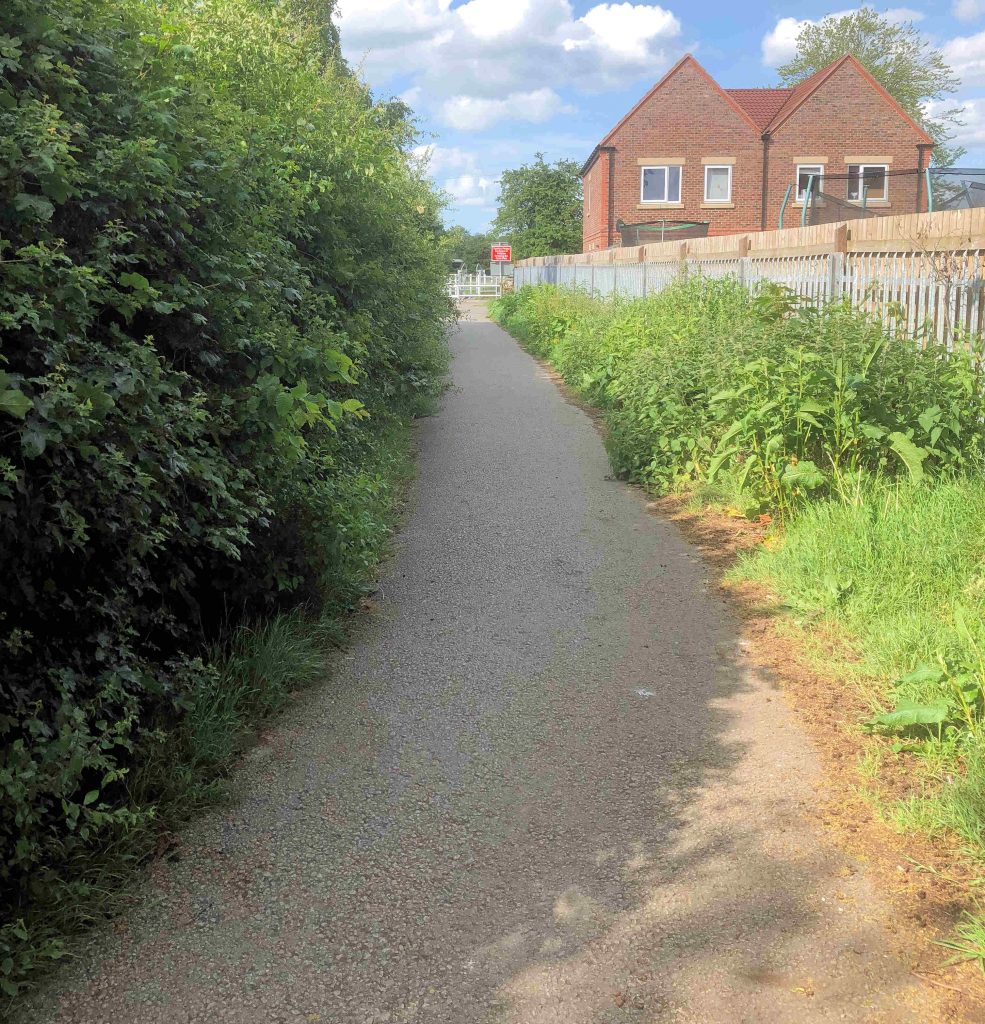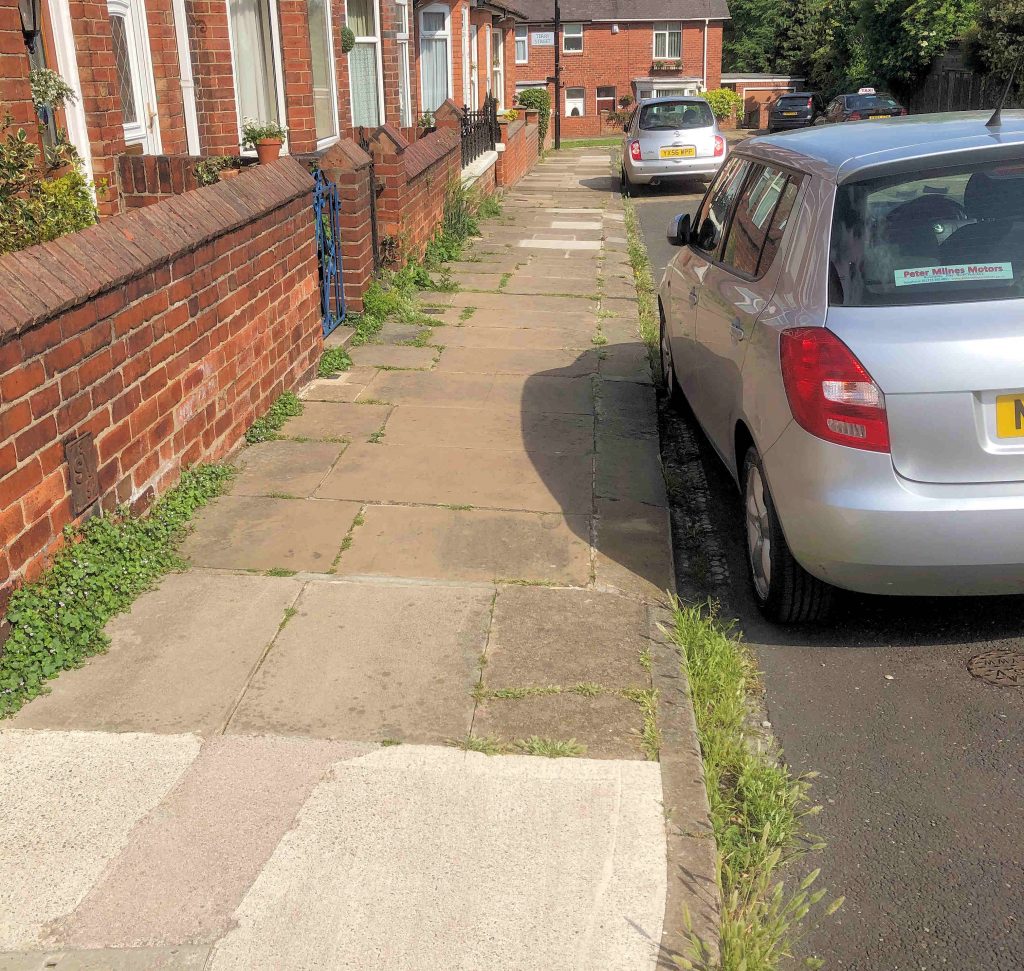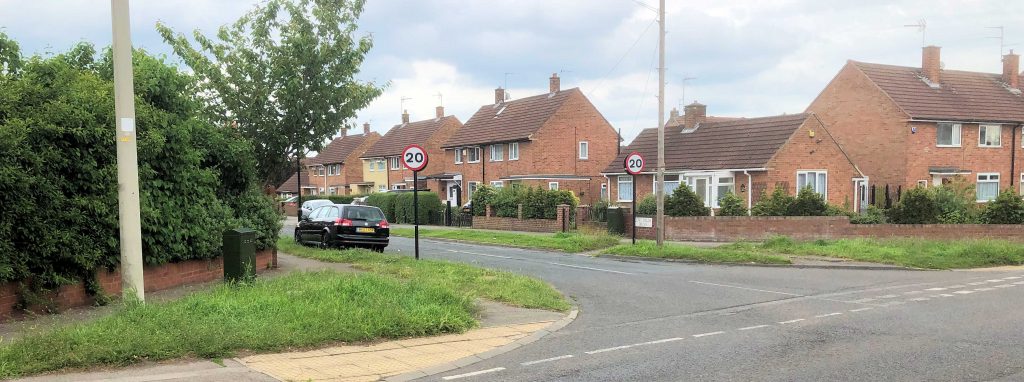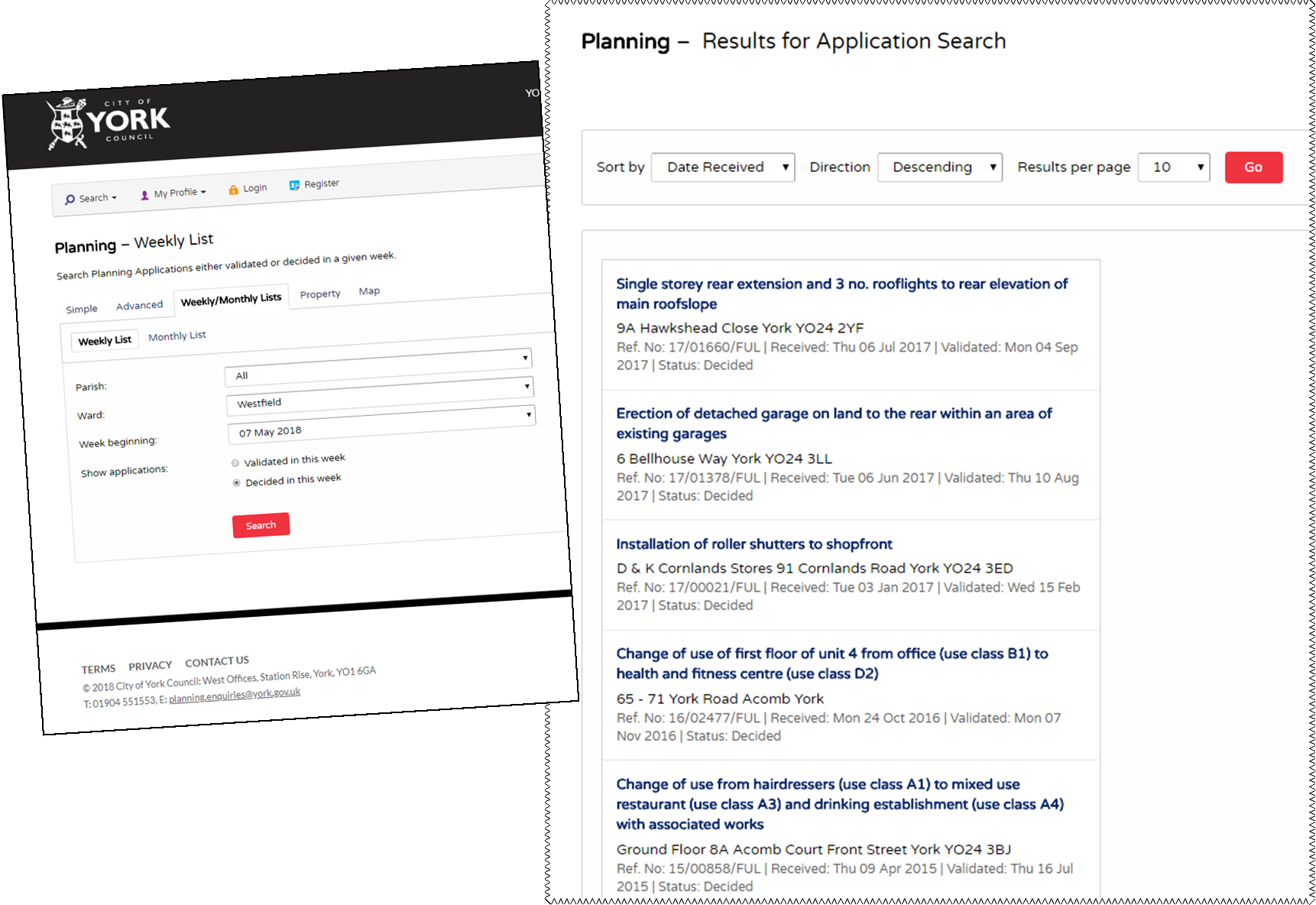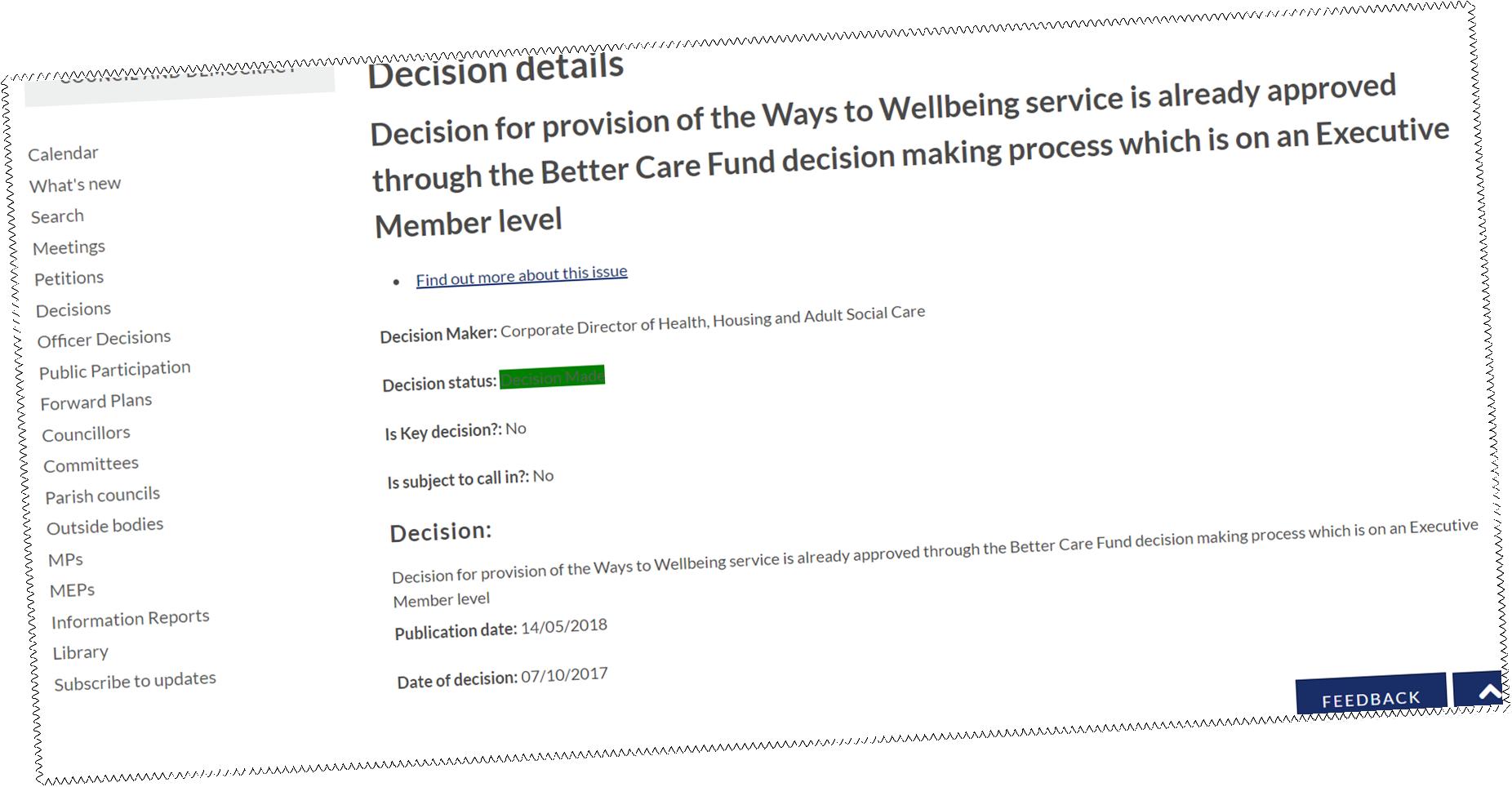Perhaps not surprisingly, the change in political control of the York Councils affairs has produced an hiatus in decision making. The published forward programme of decisions which need to be made is very thin (click to link)
They new Council Leadership is perhaps wise to be cautious and to avoid the impulsive decision making, in the wake of election euphoria, which has been the undoing of some previous administrations
However, over a month after the polls, residents are little wiser on who now has responsibility for overseeing the different aspects of Council policy and performance. All we have are vague – and seemingly controversial in some quarters – job titles.
The result is a lack of clarity with crucial street level public service standards under pressure. Surprisingly few of the new intake of Councillors have so far communicated direct with the people who elected them. A “thank you for your support” leaflet was de rigueur until recently.
As we reported yesterday, some haven’t even included a contact telephone number on their Council web page yet (click link) NB. Councillors are recompensed for telephone costs through the “basic allowance” that they receive.
Meanwhile there are issues across the whole City which should be resolved quickly. The Councils PR team should be tasked with informing residents what will happen, when and to what quality.
